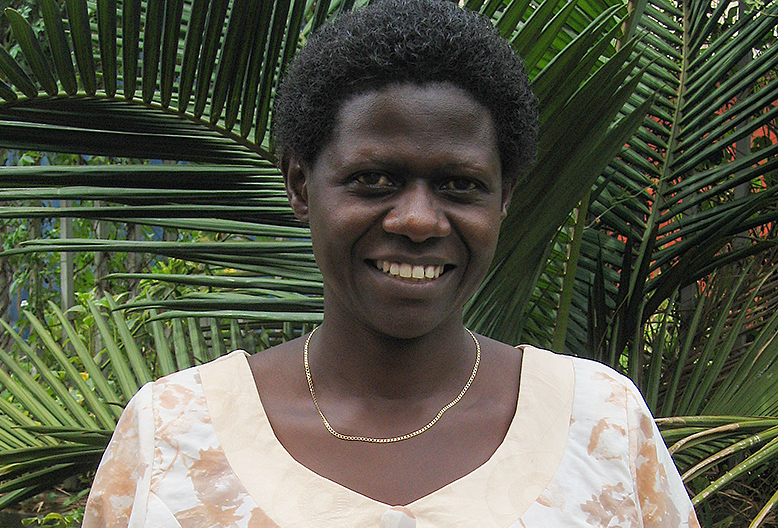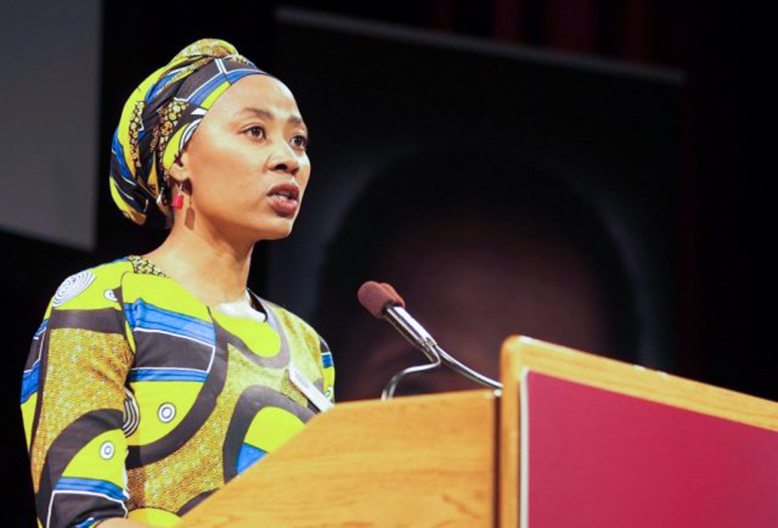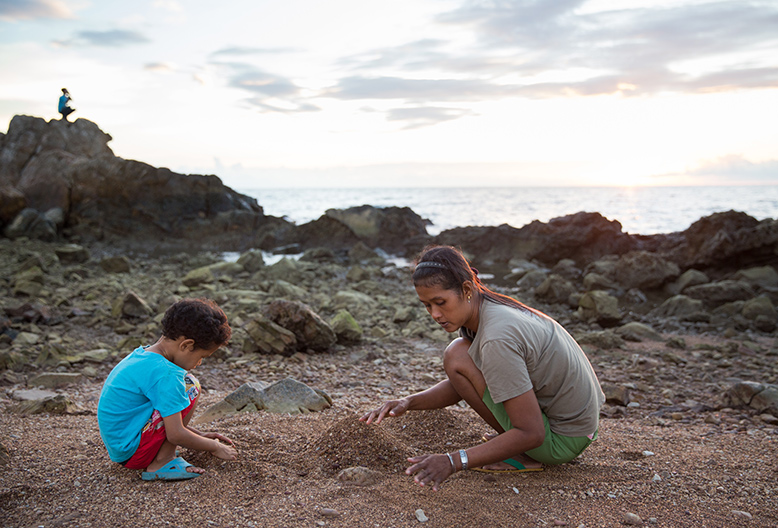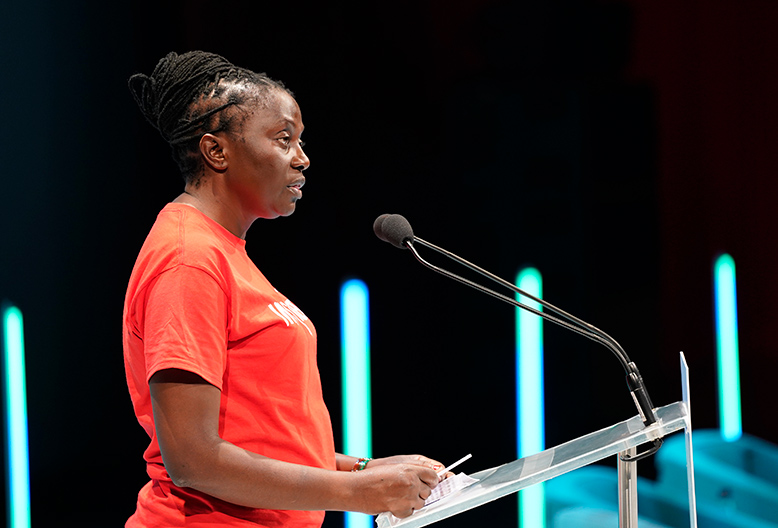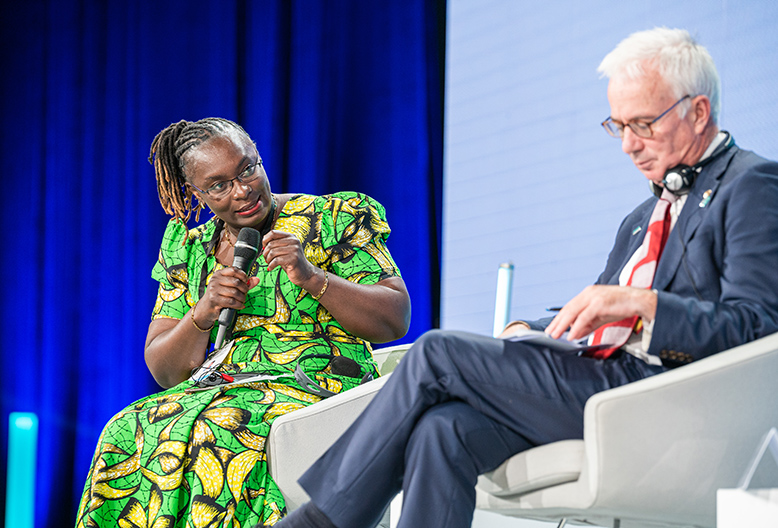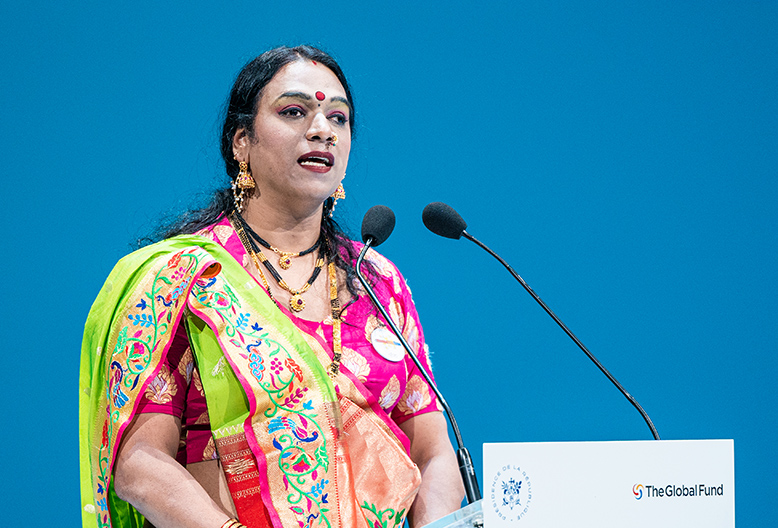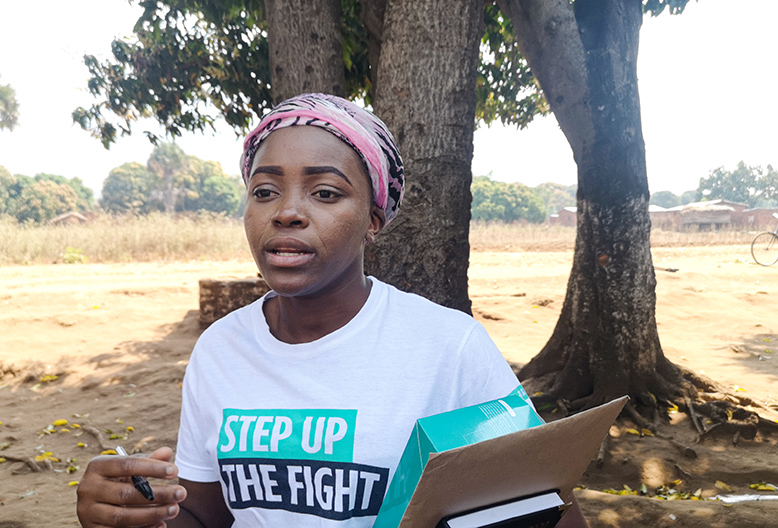2001
UN special session: Activists successfully push for a Global Fund
The 2001 special session on HIV and AIDS marked the first time in history that a disease had been treated as a security issue, rather than just a social or humanitarian problem. In an unprecedented move, the UN invited speakers representing civil society from both the North and South.
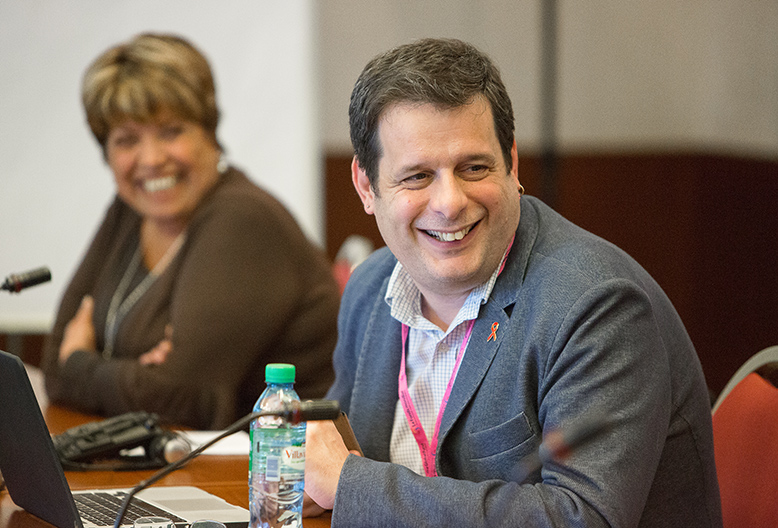
Javier Hourcade Bellocq
At the end of the session, all UN member states signed the call for a global HIV/AIDS and health fund to finance an urgent response. Thanks to the leadership of the then UN Secretary-General, Kofi Annan, and tireless pressure from activists, the final declaration included the key phrase: “We need a Global Fund for this disease”.
Javier Hourcade Bellocq, AIDS activist and later Global Fund Board member representing Communities Living with AIDS, TB and Malaria, said at the time: “The challenge is to go from words to action, from consensus to leadership… We must reduce the grotesque difference between those with treatment and those who will die of AIDS without such access. Those who live with disease are not part of the problem – we are part of the solution.”
Activists from around the world rallied outside the meeting to monitor and cajole governments into action. This practice was to become routine at all subsequent UN meetings on HIV and AIDS.
A few weeks later, Annan charged the first working group with defining the new organization. He gave the group, in which Hourcade Bellocq was the civil society representative, just six months to get the new Global Fund up and running.









